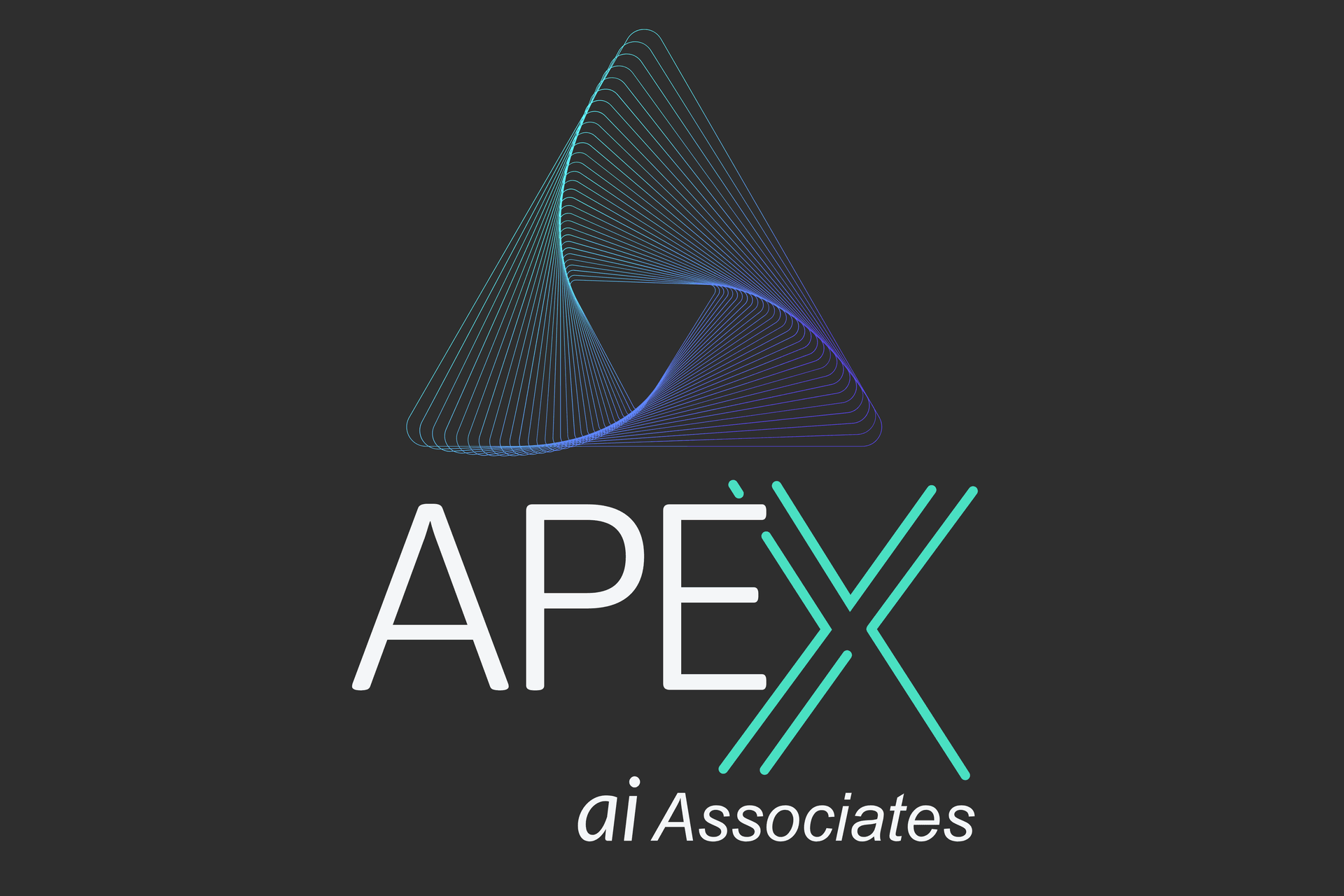AI Consulting vs. In-House Development: Which is Right for Your Company?
Understanding AI Consulting and In-House Development
As artificial intelligence (AI) becomes increasingly integral to business operations, companies face the critical decision of whether to pursue AI consulting or establish an in-house development team. Both options offer distinct advantages and drawbacks, making it essential to assess which approach aligns best with your organization's goals and resources.

The Benefits of AI Consulting
AI consulting firms provide specialized expertise and a fresh perspective on leveraging AI technologies. These firms often have a team of experienced professionals who stay updated with the latest industry trends, ensuring that your business applies cutting-edge solutions. Consulting can be particularly beneficial for companies lacking internal expertise or those needing rapid deployment of AI solutions.
One significant advantage of AI consulting is the reduced time to implementation. Consultants can quickly assess your needs and provide tailored solutions, allowing your company to benefit from AI advancements without the long lead times associated with building an in-house team.

The Advantages of In-House Development
Building an in-house AI team can be advantageous for companies seeking greater control over their AI initiatives. By developing internal expertise, your organization can tailor solutions specifically to its unique needs and ensure alignment with long-term strategic goals. This approach often leads to a deeper integration of AI into company operations.
Moreover, an in-house team fosters continuous innovation. As team members become more familiar with your company's data and processes, they can develop more customized and potentially more effective AI applications over time. This ongoing development cycle can be a critical asset in maintaining a competitive edge.

Cost Considerations
Cost is a significant factor in deciding between AI consulting and in-house development. Initially, consulting may appear more cost-effective since it avoids the expenses associated with hiring and training a full team. However, long-term projects or those requiring ongoing development might see costs accumulate quickly through consulting fees.
On the other hand, while establishing an in-house team involves higher upfront costs, it can lead to savings over time as the team becomes more efficient. Additionally, companies gain the flexibility to pivot or expand their AI initiatives without incurring additional consulting fees.
Scalability and Flexibility
When considering scalability, consulting firms offer the advantage of easily adjustable resources. If your company's AI needs grow or change, consultants can quickly adapt to meet those demands without the need for hiring additional staff.
In contrast, an in-house team may offer greater flexibility in terms of project focus and prioritization. Internal teams can swiftly align with shifting company priorities, allowing for more agile responses to market changes.
Making the Right Choice for Your Business
The decision between AI consulting and in-house development ultimately depends on your company's specific needs, resources, and strategic goals. If your organization requires rapid implementation and lacks existing expertise, consulting might be the ideal choice. Conversely, if long-term integration and control are priorities, investing in an in-house team could be more beneficial.
Consider conducting a thorough assessment of your current capabilities and future objectives. Collaborate with stakeholders across departments to ensure that the chosen approach aligns with your company's overall vision and growth strategy.

